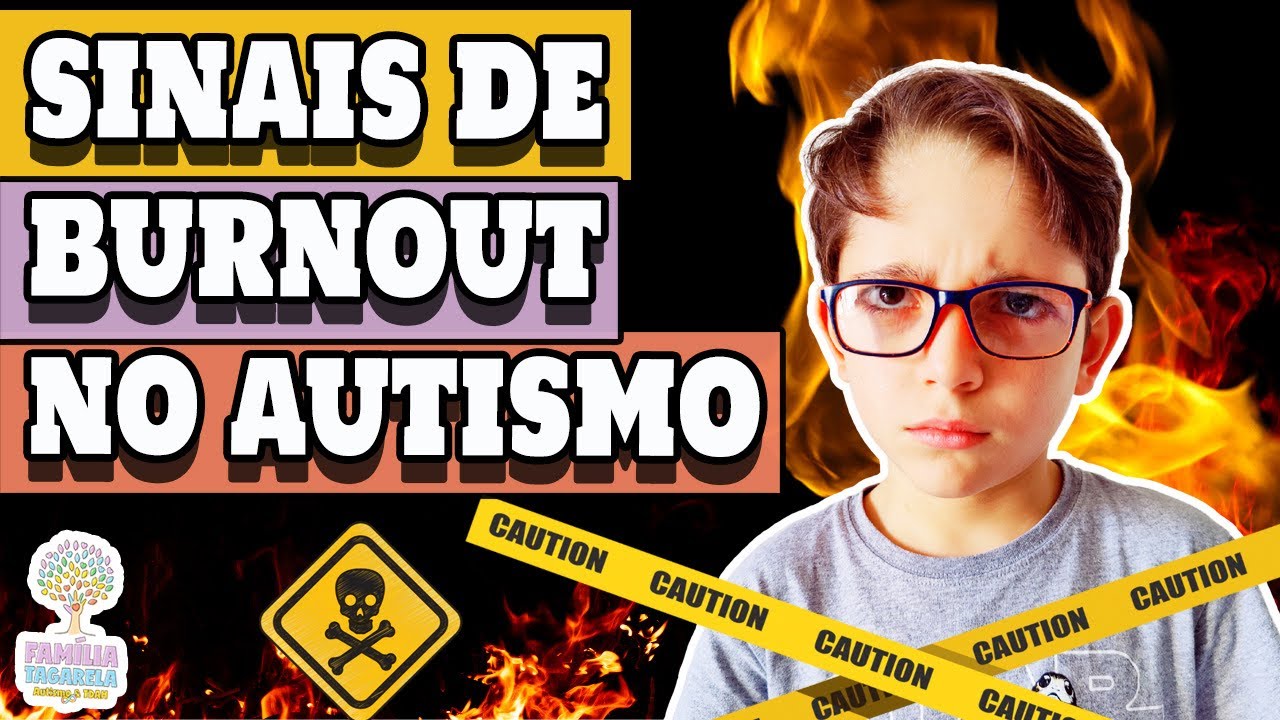Signs of Autism in Adults - Autistic Traits You Never Knew Existed
Summary
TLDRThis video highlights 20 common autistic traits in adults that you may not have realized were linked to autism. From discomfort in social settings, using scripts for conversations, and sensory overload, to specific preferences in clothing, food, and social interactions, the speaker shares personal experiences. These traits can affect daily life, including struggles with sensory input, exhaustion from socializing, and challenges in connecting with others. While not a diagnostic tool, the video encourages viewers to reflect on their own experiences and consider seeking professional guidance if they resonate with the traits discussed.
Takeaways
- 😀 Autistic traits in adults are not always widely recognized, and this list aims to highlight lesser-known signs that may be linked to autism.
- 😀 Feeling uncomfortable, anxious, or stressed around new people or places is a common autistic trait, often due to a lack of familiarity and control.
- 😀 Autistic adults may use scripts or pre-planned conversations to navigate social interactions and small talk, often overthinking both before and after conversations.
- 😀 Discomfort with physical touch, such as hugging or kissing, is another trait that can be misunderstood as being antisocial, though it's often a sensory preference.
- 😀 Sensory overload, particularly related to noise, can be overwhelming for autistic individuals, leading to behaviors like ear-covering in response to loud sounds.
- 😀 Autistic adults may have heightened sensitivity to sudden noises, often reacting disproportionately to unexpected or loud sounds.
- 😀 Certain clothing textures, fabrics, or tags can cause discomfort and overstimulation, leading to the need to remove or avoid certain clothes.
- 😀 Some autistic adults have a strong preference for specific stores, restaurants, or services, often sticking to familiar places to avoid stress or anxiety.
- 😀 A dislike or repulsion of certain food textures, flavors, or smells—sometimes to the point of gagging—can be a sign of sensory sensitivity.
- 😀 Social gatherings can be draining for autistic adults, leading to exhaustion afterward due to the energy spent on masking behaviors and managing sensory overload.
- 😀 Autistic adults may experience difficulties in communication, such as being misunderstood or unintentionally coming across as rude or blunt in the workplace or social settings.
Q & A
What are some common social challenges autistic adults face in new situations?
-Autistic adults may experience significant discomfort, anxiety, or stress when entering new environments or meeting new people. This is often due to the unpredictability of social interactions and the lack of familiarity with others' intentions or personalities.
How does the use of scripts help autistic adults in social interactions?
-Many autistic adults use pre-planned scripts or conversation templates to navigate social situations. This helps them manage anxiety and avoid awkwardness, but it can also lead to overthinking and self-judgment, especially after the conversation ends.
Why might some autistic adults feel uncomfortable with physical touch?
-Autistic adults may feel uncomfortable with physical touch such as hugging, shaking hands, or kissing, not because they dislike the person, but because they are sensitive to the physical sensation and may not intuitively understand social expectations for physical interactions.
What role do noise-canceling headphones play for autistic adults?
-Noise-canceling headphones help autistic individuals filter out overwhelming background noise in public spaces. These devices provide a sensory shield, helping to reduce anxiety and sensory overload caused by loud or unpredictable sounds.
How do sensory sensitivities impact daily life for autistic adults?
-Autistic adults may experience heightened sensitivities to sound, textures, and smells. Noises that others find normal may feel excessively loud or jarring, while certain clothing materials or food textures can cause discomfort, leading to emotional distress or physical reactions like gagging.
Why might autistic adults feel exhausted after social interactions or outings?
-The act of masking—suppressing natural behaviors to conform to social expectations—can be mentally and physically draining for autistic adults. This effort to blend in often leads to exhaustion, especially after social gatherings or errands, leaving little energy for other activities.
What is the significance of 'escape' behavior, such as spending extra time in the bathroom?
-Spending extra time in the bathroom or other private spaces is a common coping mechanism for autistic adults. It allows them to decompress, unwind, and escape from sensory overload or social pressures that may have occurred in the outside world.
How do autistic adults typically handle social gatherings?
-In social gatherings, autistic adults may prefer to stay close to a 'safe person' or engage in quieter activities, such as playing with pets or children, to avoid the stress of mingling or engaging in small talk. The idea is to limit social anxiety and maintain a sense of comfort.
Why do some autistic adults have strong preferences for specific places or services?
-Autistic adults often develop strong preferences for specific shops, cafes, or services due to their comfort with routine and familiarity. Knowing the layout, staff, and process helps reduce anxiety, making the experience more predictable and manageable.
How do misunderstandings about humor affect autistic adults in social interactions?
-Autistic adults may often be misunderstood when it comes to humor, as their dry or literal style of speaking can lead others to laugh without realizing they weren’t trying to make a joke. This can create confusion, as the autistic individual may not understand why their comment was perceived as humorous.
Outlines

هذا القسم متوفر فقط للمشتركين. يرجى الترقية للوصول إلى هذه الميزة.
قم بالترقية الآنMindmap

هذا القسم متوفر فقط للمشتركين. يرجى الترقية للوصول إلى هذه الميزة.
قم بالترقية الآنKeywords

هذا القسم متوفر فقط للمشتركين. يرجى الترقية للوصول إلى هذه الميزة.
قم بالترقية الآنHighlights

هذا القسم متوفر فقط للمشتركين. يرجى الترقية للوصول إلى هذه الميزة.
قم بالترقية الآنTranscripts

هذا القسم متوفر فقط للمشتركين. يرجى الترقية للوصول إلى هذه الميزة.
قم بالترقية الآنتصفح المزيد من مقاطع الفيديو ذات الصلة
5.0 / 5 (0 votes)






